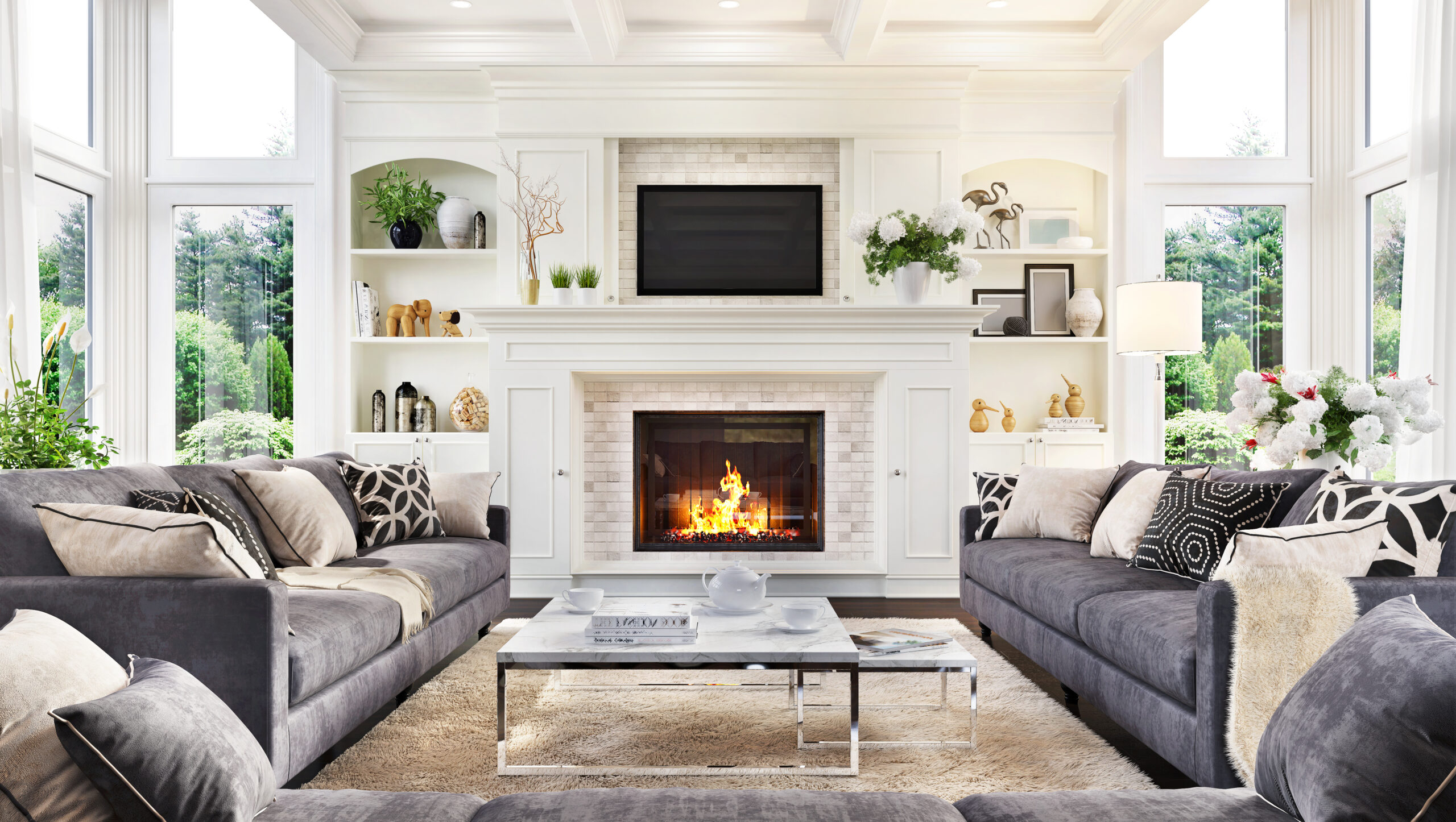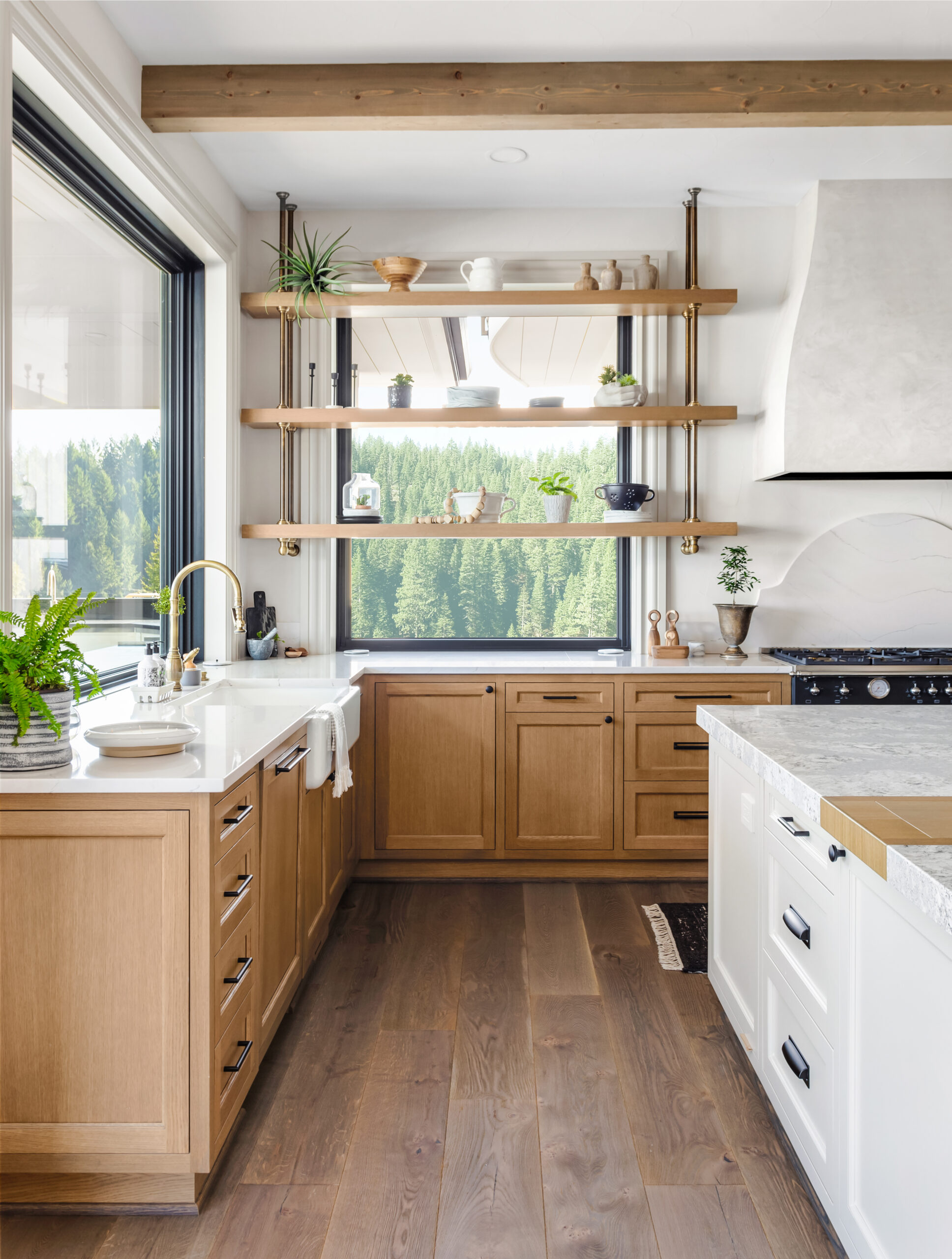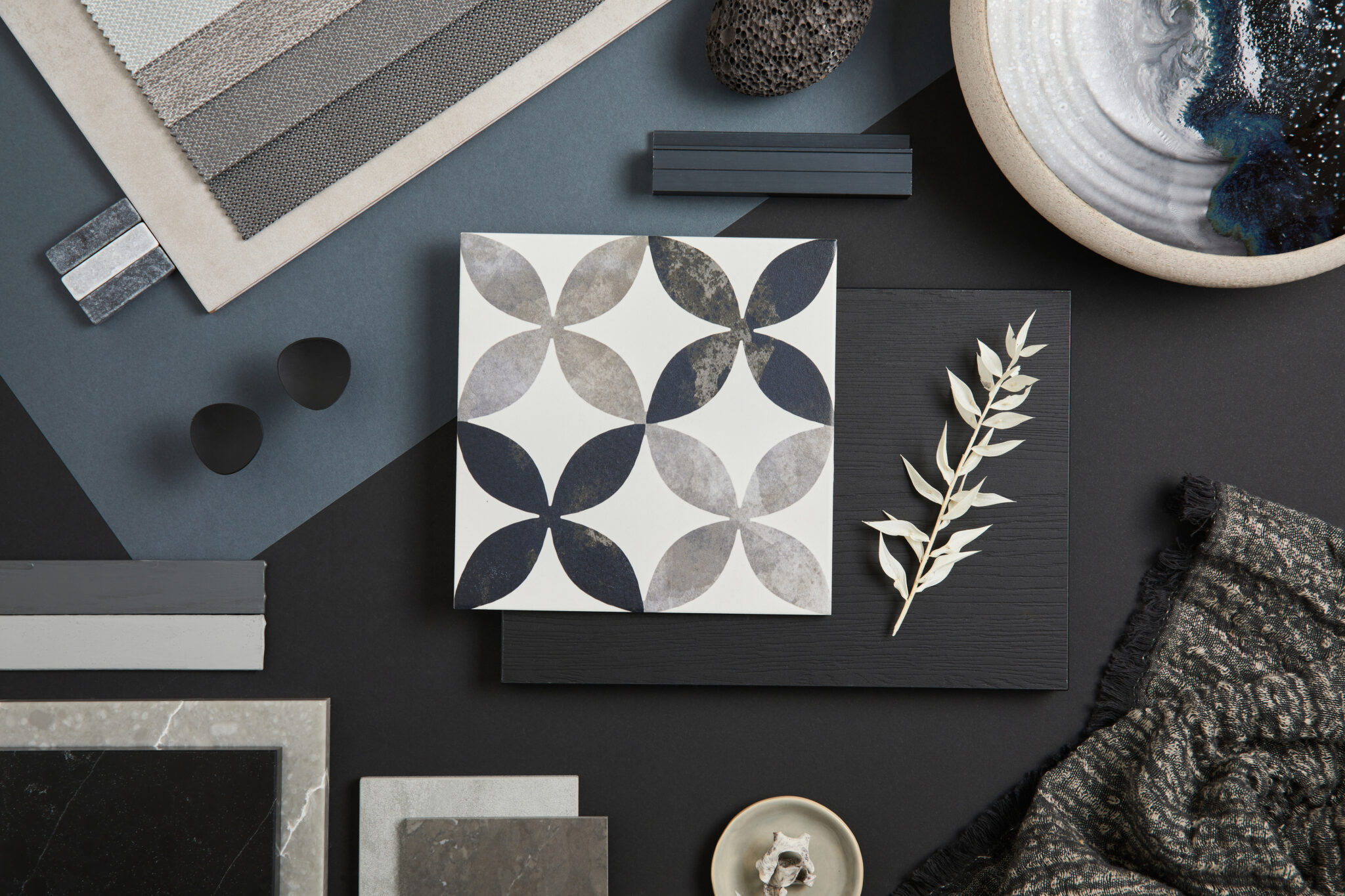When it comes to designing your dream luxury home, who you enlist to help you bring your vision to life is important. Whether you’re renovating a single room or embarking on a full-scale transformation, a talented designer can help you navigate the complexities of style and functionality, ensuring that your space truly reflects who you are. However, with so many designers to choose from, how do you find the one that’s the perfect fit for your project? Following is a guide to help you make the right choice and ensure your design journey is a success.

The Designer Understands What You Need
Before you start your search for the ideal interior designer, it’s crucial to define the scope of your project. Are you looking for someone to simply furnish and decorate, or do you need full-scale design services that include architectural modifications, space planning, and project management? Understanding the level of help you need will help you find a designer who specializes in the right areas.
Will you only need consultation services? If you just need a little guidance on how to refresh your space, a designer who offers consultation-only services might be your best choice. They can provide ideas, mood boards, and product recommendations.
Do you need full-service design? If you’re planning a major remodel or need help with everything from structural changes to custom furniture, look for a designer with full-service capabilities, which include space planning, renovation coordination, and sourcing.
Review Their Portfolio and Style
Interior designers have distinct design styles, and it’s important to find someone whose aesthetic aligns with your vision. A designer’s portfolio gives insight into their experience and the types of projects that they’ve completed in the past. Look through their body of work to see if their style resonates with you—whether it’s modern, traditional, eclectic, minimalist, or anything in between.
Do they specialize in your style? Look for signs that the designer is flexible but also skilled in areas that match your preferences. You want someone who can bring your vision to life, whether you’re aiming for an opulent, luxurious look or a clean, minimalist vibe.

Check Credentials and Experience
Just like any professional, an interior designer’s qualifications matter. While formal education isn’t always required, many designers have degrees in interior design or related fields, as well as professional certifications. These credentials indicate that they have a solid understanding of design principles, building codes, and industry standards.
Look for designers who are members of professional organizations, such as the American Society of Interior Designers (ASID) or Certified Interior Designers (CID). These memberships ensure that they adhere to a code of ethics and maintain a high standard of practice. Also, choose a designer who has been in the business for a few years. Experienced designers are more likely to have refined their skills in budgeting, managing contractors, and handling unforeseen issues during a project.
Assess Their Communication and Collaboration Skills
Interior design is a collaborative process, and finding a designer who communicates well and listens to your ideas is essential. You’ll be working closely with them throughout the project; they must understand your needs, preferences, and budget while offering their expertise and creativity.
Most designers offer an initial consultation, which is an opportunity to gauge how well they understand your vision and how they propose to approach your project. Are they asking thoughtful questions? Do they listen to your ideas and provide clear suggestions? Do they have a ‘my way or the highway’ attitude? A good designer will make you feel involved and respected throughout the process, offering suggestions that reflect your tastes while offering their own expertise.
Establish Budget and Expectations
One of the biggest challenges in interior design projects is staying within budget. It’s important to communicate your budget clearly from the start and find a designer who can work within your financial constraints without compromising on quality or style.
Be upfront about how much you’re willing to spend and ask the designer to provide a breakdown of their fees, as well as estimates for the cost of materials and furnishings. This will help you avoid unexpected expenses and ensure that you and your designer are on the same page. A good interior designer will be transparent about costs and provide a detailed estimate, including their design fees, procurement costs, and potential contingencies. They should also be able to recommend alternatives if certain items exceed your budget or are unavailable.
Consider Their Network of Contractors and Vendors
This consideration is often overlooked. However, a designer’s relationships with contractors, craftsmen, and vendors can be crucial to the success of your project. A seasoned interior designer often has a list of trusted professionals to bring in for tasks like electrical work, painting, carpentry, or custom furniture design.
Ask if the designer has reliable connections with contractors who can bring their vision to life. If they don’t have an established network, they may struggle with managing contractors or finding the right suppliers. A designer with a broad vendor network can give you access to unique materials and furnishings, often at better prices. They should also be able to source pieces that fit within your budget and timeline.
Check References and Reviews
Before making a final decision, take the time to check references or read online reviews of the designer’s work. Hearing from previous clients can provide insight into the designer’s work ethic, problem-solving skills, and ability to meet deadlines. A well-regarded designer will have a track record of satisfied clients who can speak to their professionalism and creativity.
Ask for a list of references and inquire about the designer’s communication, reliability, and ability to stay within budget. Were the clients satisfied with the results? Did the designer handle issues promptly and professionally? Then, look for patterns in feedback.
Trust Your Instincts
Lastly, trust your gut. While it’s important to evaluate a designer’s experience and credentials, the relationship you have with them will determine the success of the project. You should feel comfortable expressing your ideas and confident that your designer will bring those ideas to life in a way that meets both your aesthetic and practical needs.
You’ll be spending a significant amount of time working with your designer, so it’s important to choose someone you feel comfortable with. Do you trust them to understand your vision? Do they make you feel heard and respected?
Using interior designers is often a very good idea. They can imagine spaces and settings. They have experience in finding perfect pieces. They bring to the table a fresh point of view. And they know how to work the project professionally. Using this guide will help you pair your wishes with the perfect person to see them through.



